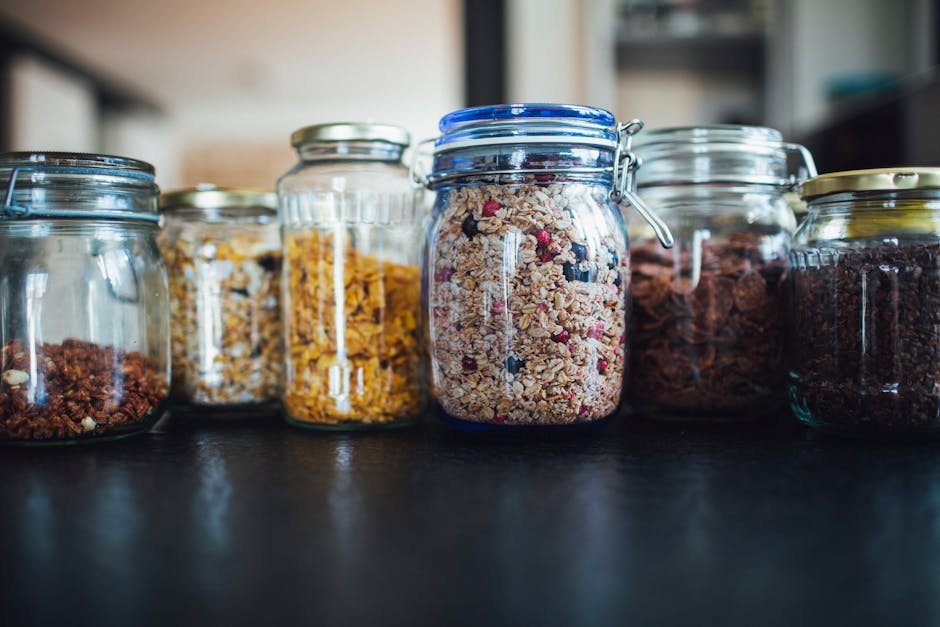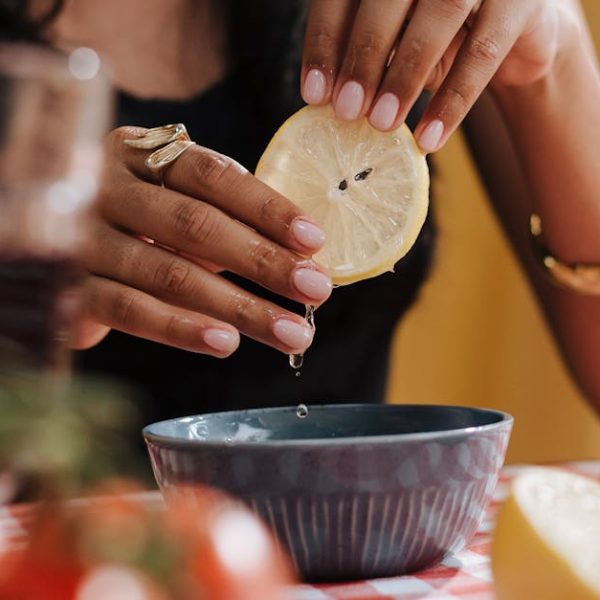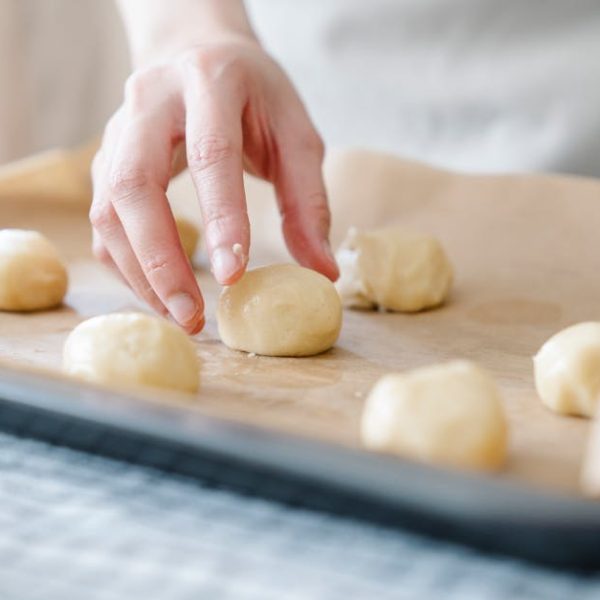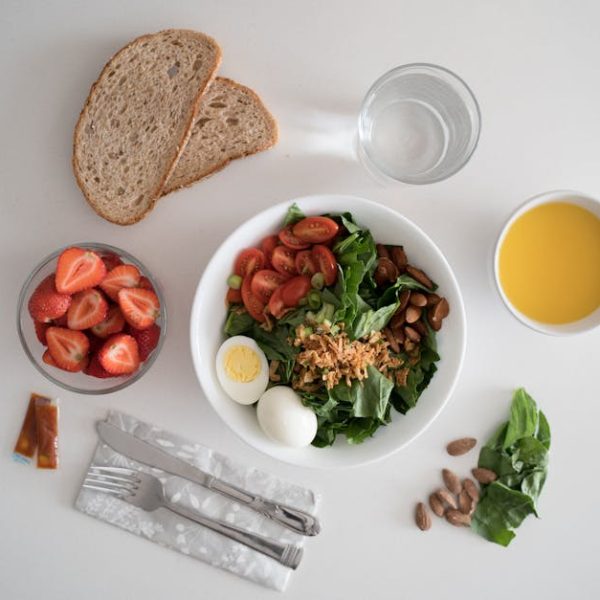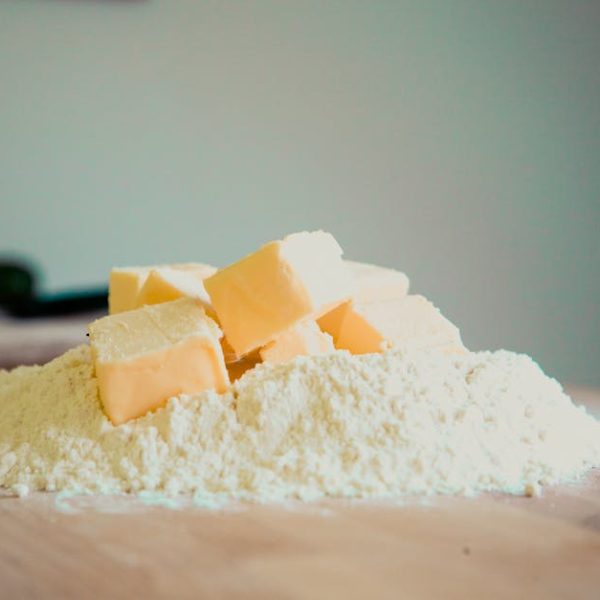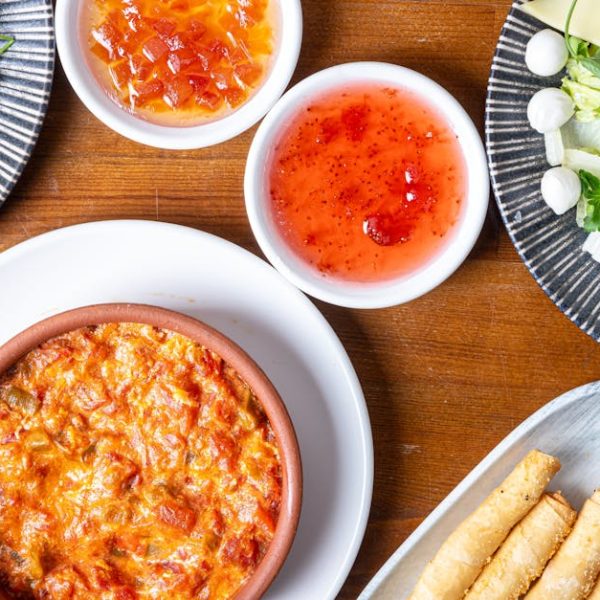Stimulating flavors, vibrant colors and unmatched health benefits are what make peppers a culinary delight. By preserving these aromatic jewels, it’s possible to enjoy them all year round without compromising the taste or nutrition. This article guides you through several simple yet effective strategies for preserving sweet, hot, and bell peppers.
Canning Peppers
The sentimental favorite of home preservers everywhere, canning peppers can keep your kitchen stocked with a steady supply of your favorite varieties. To ensure an organized canning experience, the right canning equipment is crucial. Start with high-quality mason jars, then move onto a sturdy water-bath canner. Don’t forget a reliable jar lifter to avoid burns!
When it comes to canning peppers, remember:
- Always prioritize safety. Scrupulously clean jars, lids and rings should be your starting point.
- Use only fresh and blemish-free peppers.
- Partially cook peppers, either by blanching or roasting, to deactivate certain enzymes that can degrade the quality of canned foods.
- For hot peppers, a vinegar or salt-brine is used to increase the acidity, as a barrier against harmful bacteria.
Freezing Peppers
Freezing peppers is as straightforward as it sounds. It involves blanching the peppers, swiftly cooling them down and then storing them inside freezer-safe bags. Here are some steps to note:
- Wash and seed the peppers.
- Blanch the peppers to kill enzymes that speed up the spoiling process.
- Cool fast in ice water, drain, then pack into freezer bags, squeezing out as much air as possible.
Despite the incredible convenience of freezing peppers, it’s noted that the texture does alter a bit. Thawed peppers are softer and lose their crunch. But don’t worry – they’ll still perform exceptionally in stews, stir-fries and all other cooked dishes.
Drying Peppers
Drying peppers is a time-honored tradition, and it works wonderfully for hot peppers. Essentially, when you expose peppers to heat or air flow, their water content reduces, thus prolonging their shelf life.
Once the peppers are dried, they can be crushed into homemade pepper flakes or ground pepper. Here’s a simple checklist to follow:
- Start with freshly harvested peppers. Wash, cut, and remove seeds.
- Choose your drying method: air drying, oven drying or using a dehydrator.
- Ensure your peppers are 100% dried before moving onto the next step. With peppers, a little moisture goes a long way in causing mold.
Remember, drying hot peppers might induce coughing or sneezing, so keep your kitchen well-ventilated during the process.
Pickling Peppers
Perhaps the most flavorful method of preserving peppers is pickling. When you pickle peppers, they marinate over time in a tangy vinegar brine that’s typically seasoned with things like garlic, sugar, and peppercorns.
Pickling process essentials:
- Wash the peppers, then slice or leave whole based on your preference.
- Boiling the pickling brine with spices and then pouring it over the prepped peppers.
- Let them cool before putting a lid on the jar and refrigerating them for at least a day before eating.
Pickling peppers does demand some patience, but the outcome – a burst of spicy, tangy, and sweet flavors – is absolutely worth the wait.
Preserving Peppers in Oil
Preserving peppers in oil creates an irresistible combo that’s a staple in Mediterranean cuisine. The oil slows down the oxidation process, thus preserving the peppers. Be mindful of using a quality oil for preservation since it will significantly contribute to the taste.
To preserve peppers in oil:
- Roast, peel and de-seed the peppers.
- Use premium olive oil or another oil of your choice. Pack the peppers in a jar and then pour the oil over it until the peppers are fully submerged.
- Seal the jar tightly and store it in a cool, dark area or in the fridge for higher safety.
Preserving peppers in oil does limit their shelf life when compared to other methods, and there are some concerns around food safety. But if you’re going to consume the peppers relatively quickly and you take necessary measures to avoid contamination, then there’s certainly no beating the flavor.
Common Mistakes to Avoid when Preserving Peppers
Preserving peppers can be a rewarding experience, but it’s not mistake-proof. Here are some common missteps to avoid:
- Using damaged or unripe peppers can impact the quality of preservation and could lead to spoilage.
- Not sterilizing the storage containers can introduce bacteria and other harmful microbes.
- Remember to cool down peppers quickly after blanching while freezing, as failure to do so might compromise the texture and taste.
Knowing these common pitfalls can help ensure that your peppers are preserved to perfection.
To wrap things up, preserving peppers can be a fun and practical way to extend the life-span of your delicious pepper harvest or market find. As long as you follow the necessary steps and maintain a keen eye for quality control, you can enjoy tangy, tasty peppers all year round.
Key Takeaway:
- Preserving peppers across all varieties can be accomplished through various methods including canning, freezing, drying, pickling, and preserving in oil.
- Each method offers unique benefits: canning retains freshness, freezing offers convenience, drying enhances spiciness, pickling adds flavor, while preserving in oil integrates robust taste.
- Despite the advantages, each method requires careful execution with specific steps and precautions to avoid common preservation errors.
The journey of preserving peppers can be an exciting culinary adventure, enabling us to relish the delightful flavors of peppers throughout the year. Armed with these comprehensive guides and practical tips, preserving peppers become less of a task and more of an enjoyable process. Continue exploring the art of food preservation and embrace the joy it brings!
FAQs
Q: What are the most common mistakes made while preserving peppers?
A: Often, using damaged or unripe peppers, not sterilizing the storage containers, or not properly cooling down the peppers after blanching can lead to poor preservation.
Q: Can peppers preserved in oil be stored at room temperature?
A: It is safer to store peppers preserved in oil in a cool, dark place or in the refrigerator due to concerns about potential food contamination.
Q: Can I skip blanching during the freezing process?
A: Blanching helps deactivate enzymes that speed up spoilage, therefore it’s recommended to blanch peppers when freezing them for optimal preservation.
Q: What types of peppers are best suited for drying?
A: Hot peppers, in particular, are suitable for drying since they don’t lose their heat during the drying process.
Q: How do I check whether my canned peppers have been preserved correctly?
A: If your jars have sealed properly, the lid should be concave and not produce a popping sound upon being pressed. Also, any discoloration, strange odors, or mold are signs of improper preservation.
Feel free to share this article and explore more posts on our website!
